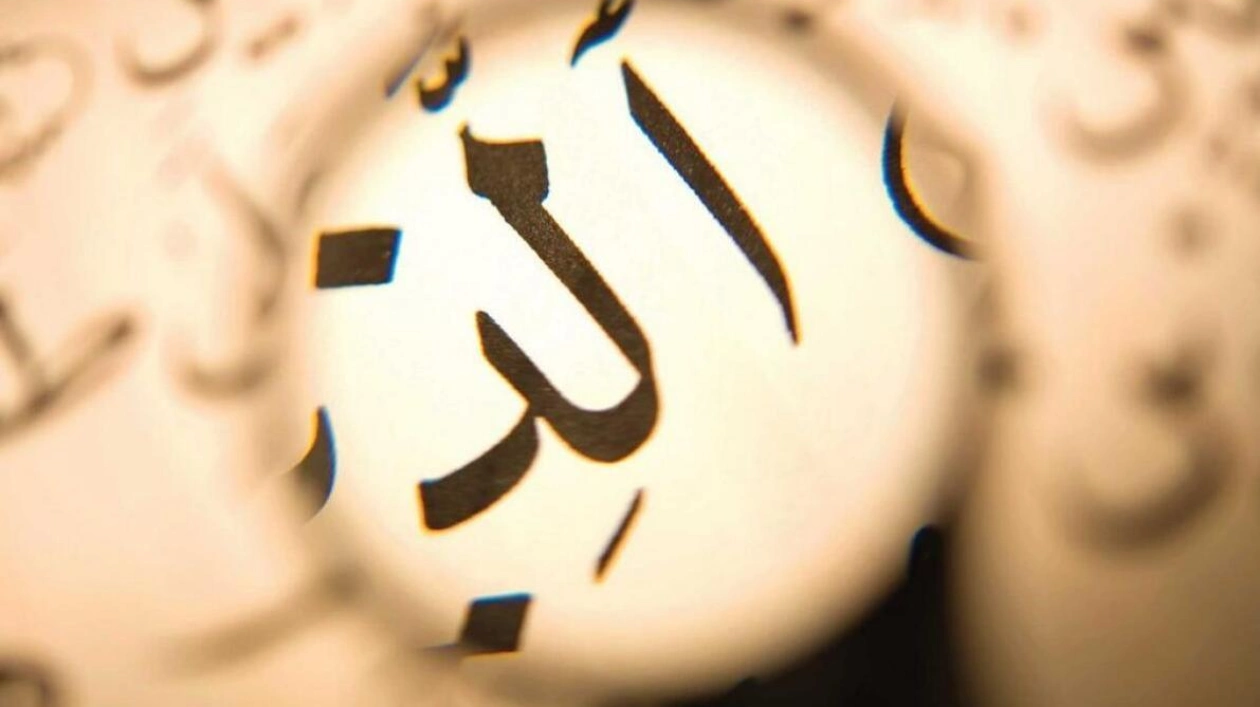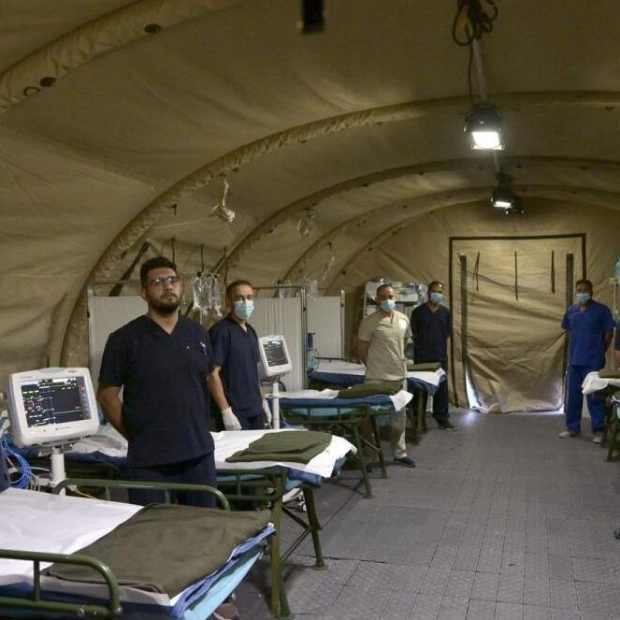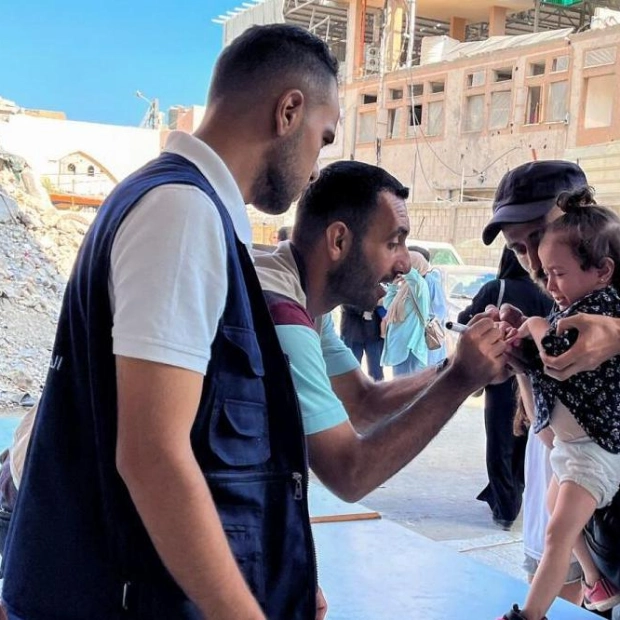Parents of children enrolled in Sharjah's government nurseries have lauded the directives of Sheikh Dr Sultan bin Muhammad Al Qasimi, Supreme Council Member and Ruler of Sharjah, for mandating Arabic as the primary language of instruction in these nurseries.
R. Musabah, an Emirati mother with a child in a private nursery, expressed her support for the recent decision to teach in Arabic. She believes it is a prudent move, stating, "We need to prioritize Arabic from an early age because it is our mother tongue." Musabah emphasized that early exposure to English can hinder children's ability to learn and speak Arabic proficiently. "Lack of sufficient Arabic exposure can lead to challenges later on," she noted.
She also discussed the impact on family communication, where many families struggle due to their children's weak Arabic skills. "This can make it difficult for kids to connect with their grandparents and understand our traditions," she added. Musabah stressed the importance of Arabic for Emirati identity, religion, and culture. "Arabic is vital for our religion, culture, and national identity. If we neglect it, I fear the language may disappear," she said.
Another parent, Manal Omer, a Sudanese expat living in Sharjah, welcomed the decision to adopt Arabic as the main language of instruction in government nurseries. "I think this is a wise decision," she said. "Kids today often struggle with Arabic, and they need to connect with their cultural roots." Manal highlighted the difficulties her elder daughter faced in learning Arabic while attending an English-speaking nursery. "With this new directive, I believe children will develop a stronger foundation in the language from a young age. It's crucial for them to communicate with their grandparents and understand our traditions." She also mentioned the broader cultural implications of the decision. "Language is a key aspect of culture. By immersing children in Arabic, we're ensuring they grow up with a sense of identity and belonging."
Aisha Mohamed, a Palestinian expat and mother of two boys, also expressed her enthusiasm about the new initiative. "This is fantastic news for us! At home, my sons speak English most of the time because they only use English at school," she explained. "By introducing Arabic in nurseries, we can ensure they become fluent in both languages. It's essential for their identity and understanding of our culture," she said. Aisha described the challenges of a bilingual environment at home. "While I encourage them to speak Arabic, they often respond in English because that's what they hear at school. I worry they might lose touch with their Arabic-speaking peers and the richness of our culture."
Some private nurseries have also stated that they have an educational content plan in both English and Arabic. Naeemeh Balasmeh, principal of Little Steps Nursery, said, "We are already teaching Arabic, and despite being a British nursery, the focus is also on the Arabic language from the beginning." She explained that parents receive a monthly plan with educational content in both languages. The plan includes teaching letters, colors, shapes, numbers, Arabic letters, and monthly memorizing the Holy Quran. "Positive behaviours in children are reinforced by following the Prophetic Sunnah," Balasmeh added. The nursery teaches children the language from age one, providing simple information about the Quranic Surahs. "We prioritize Arabic as the main language of communication because most parents speak it," she added.
Source link: https://www.khaleejtimes.com






